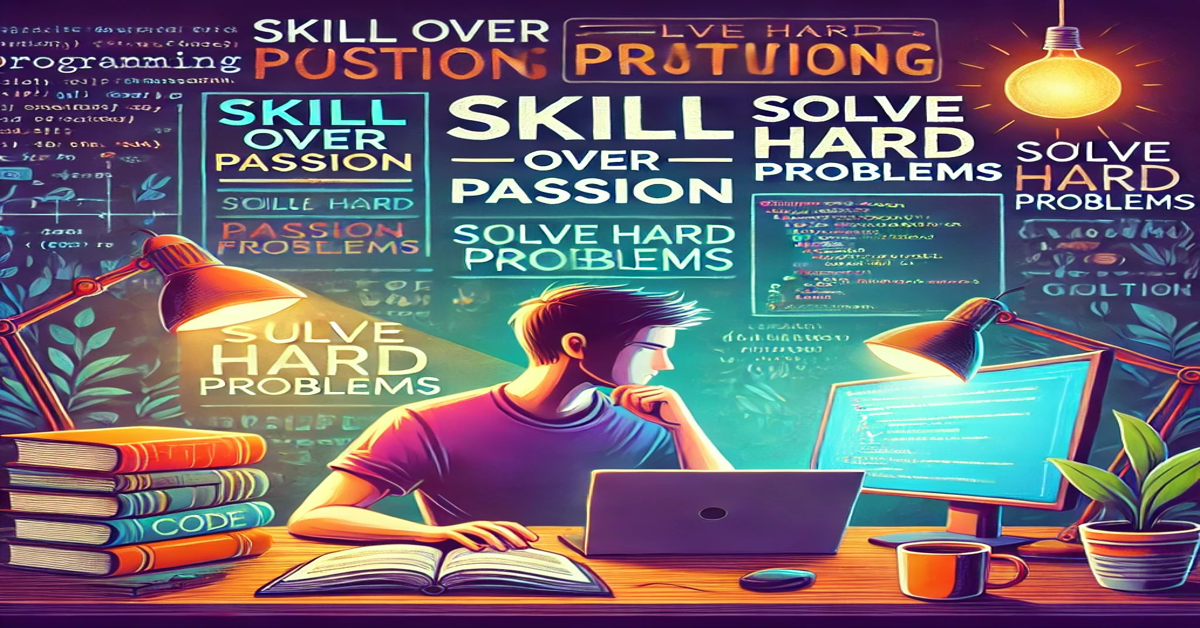Working solo on a project can be a rewarding experience, but let’s be real—it can also feel overwhelming. Whether you’re tackling a creative endeavor, a professional assignment, or a personal goal, flying solo comes with unique challenges. The good news? You don’t need a team to thrive. With the right mindset and strategies, you can turn solo work into a satisfying and productive experience.
Here are some tips to help you stay focused, motivated, and efficient when working on projects all by yourself.
1. Set Clear Goals and Break Them Down
The first step to tackling any project is to understand what you want to achieve. Start by asking yourself: What’s the end goal? Once you have the answer, break that big goal into smaller, manageable tasks.
For example, if you’re writing a book, don’t think about finishing the whole thing at once. Instead, set mini-goals like drafting a chapter a week or completing a certain number of words per day. These smaller milestones make the big picture less intimidating and help you track your progress.
2. Create a Schedule That Works for You
When you’re working solo, time management is everything. Without a team or external deadlines to keep you on track, it’s easy to let time slip away. Create a schedule that aligns with your personal rhythm.
• Are you more productive in the morning? Block off those hours for your most challenging tasks.
• Tend to hit your stride at night? Plan accordingly.
The key is to be consistent. A regular schedule not only builds momentum but also helps prevent burnout.
3. Designate a Dedicated Workspace
Having a specific area where you work can make a huge difference. Whether it’s a home office, a corner of your bedroom, or even a coffee shop, make sure it’s a space where you can focus. Clear away distractions and set up everything you need to stay productive, like your laptop, notebooks, or tools.
Your workspace doesn’t have to be fancy, just functional—and ideally, inspiring.
4. Embrace Tools and Technology
When you’re the only person responsible for your project, staying organized is critical. Thankfully, there are plenty of tools to help you manage your time, tasks, and ideas:
• Trello or Asana for task management
• Google Calendar for scheduling
• Notion for note-taking and organizing your thoughts
• Pomodoro timers to stay focused in short bursts
Leverage technology to reduce the mental load and keep everything running smoothly.
5. Know When to Take Breaks
Working solo often means you’re wearing all the hats: planner, creator, editor, and sometimes even critic. While it’s tempting to power through, taking regular breaks is essential for staying sharp and avoiding burnout.
Try the 25-5 method: work for 25 minutes, then take a 5-minute break. Use longer breaks to stretch, take a walk, or grab a snack. Remember, rest is part of the process, not a waste of time.
6. Seek Feedback When You Need It
Just because you’re working alone doesn’t mean you can’t involve others. Feedback can offer fresh perspectives and help you refine your work. Share your progress with trusted friends, colleagues, or online communities who can provide constructive input.
Don’t be afraid to ask for advice—it’s not a sign of weakness; it’s a sign of growth.
7. Celebrate Small Wins
When you’re working on your own, it’s easy to focus on what’s left to do instead of what you’ve already accomplished. Take time to acknowledge your progress, no matter how small. Cross items off your to-do list, treat yourself to a reward, or simply take a moment to reflect on how far you’ve come.
Celebrating milestones keeps you motivated and reminds you that every step counts.
8. Stay Connected and Inspired
Working solo can sometimes feel isolating. Combat loneliness by staying connected with others who inspire you. Join online forums, attend virtual events, or follow creators in your field. Seeing others’ journeys can provide motivation and new ideas while reminding you that you’re not alone.
9. Be Kind to Yourself
Finally, remember to be patient with yourself. Solo projects take time, and there will be ups and downs. Mistakes are inevitable, but they’re also valuable learning opportunities. Focus on progress, not perfection, and remind yourself why you started the project in the first place.
Final Thoughts
Working on projects alone can be challenging, but it’s also an incredible opportunity to grow. You get to call the shots, set your pace, and create something that’s truly your own. By staying organized, seeking support when needed, and celebrating your progress, you can turn solo work into an empowering journey.
So, whether you’re building a business, writing a novel, or learning a new skill, trust yourself. You’ve got this.





